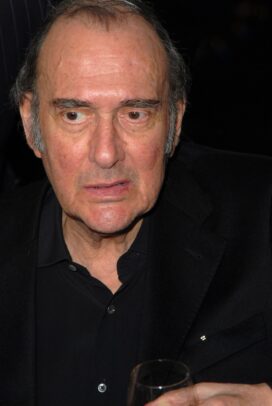Facts about Harold Pinter
Harold Pinter Biography
Called “the great English provocateur” and “the brilliant young Turk of postwar theater” by Newsday, Harold Pinter was a groundbreaking playwright, screenwriter and poet of the late 20th century. His style mixed domestic turmoil, evasive dialogue and not-so-heroic characters with experimental storytelling styles. (Betrayal, his 1978 drama, told the story of a broken marriage backwards from finish to start.) The “Pinter pause” — a strained silence loaded with meaning and menace — became part of the vocabulary of modern theater. He wrote more than 30 plays in all, including The Room (1957), The Birthday Party (1957), The Caretaker (1959), The Homecoming (1964, and winner of a Tony Award for best play in 1967), One for the Road (1984) and Ashes to Ashes (1996). He also wrote more than 20 screenplays, including The Last Tycoon (1974, with Robert DeNiro, The French Lieutenant’s Woman (1980, with Meryl Streep), and The Handmade’s Tale (1987, with Robert Duvall). Pinter was politically liberal and outspoken, and never stopped protesting: He was a conscientious objector after World War II, refused a knighthood from the Conservative government of John Major in 1996, and used his Nobel acceptance speech in 2005 for a scathing attack on United States foreign policy. He died in 2008 after battling esophageal cancer since 2002.
Extra credit
Pinter was right-handed, according to a BBC online chat in 2004… Pinter was a fan of cricket and became captain of the cricket club The Gaieties in 1972… Pinter turned down the knighthood in 1996, but was awarded a CBE in 1966 and also became a Companion of Honor, another royal designation, in 2002…. He was awarded the French Legion of Honor in 2007.

